There are several ways to transfer your house to your child or other family member, and there are a whole host of things to consider when deciding which method to use. This article will explore six common methods of transferring property and discuss some of the pros and cons of each.
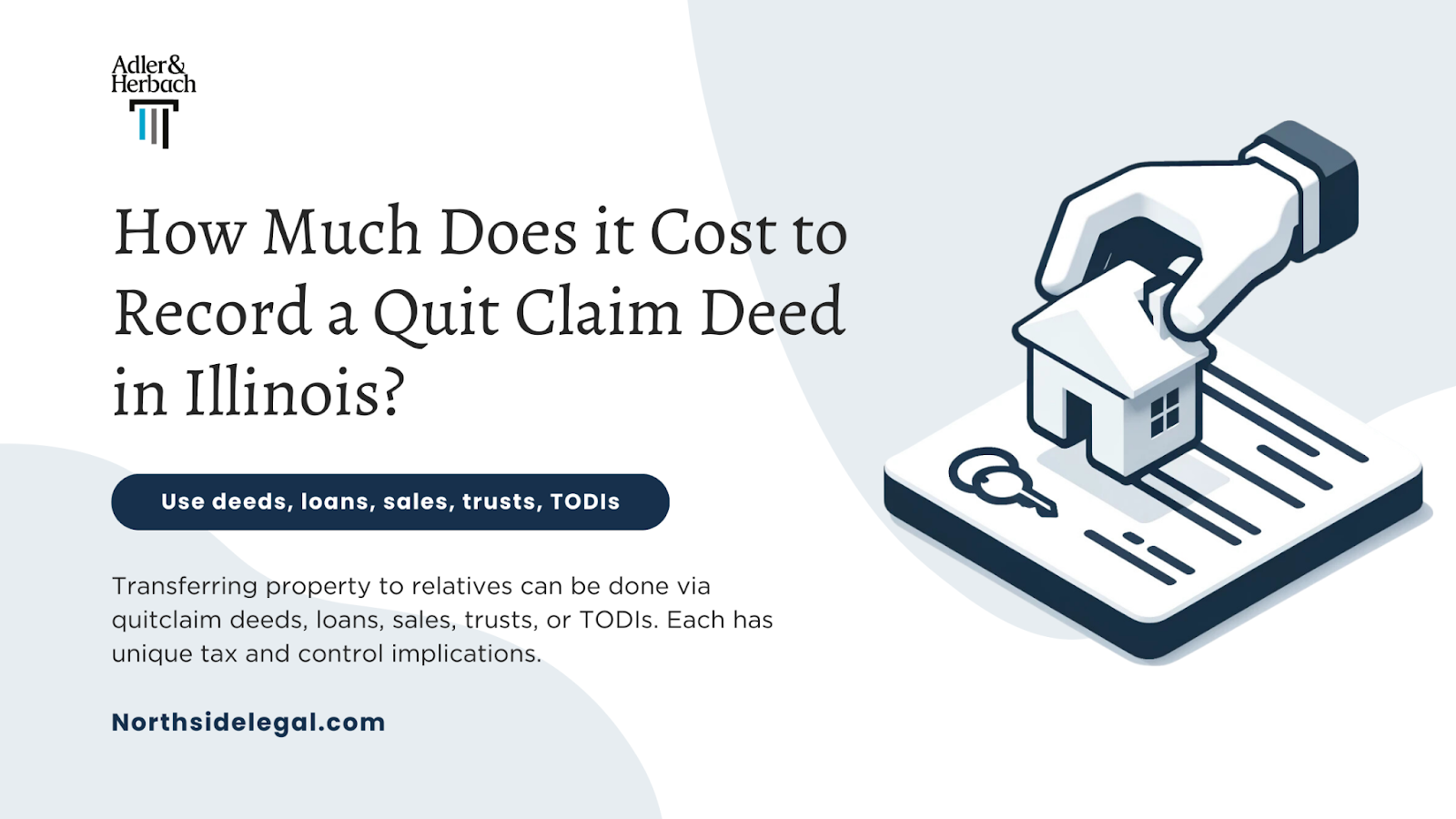
What Does Outright Gifting Property by Quitclaim Deed Involve?
Gifting a property by quitclaim deed offers a simple way to transfer a property to your child during your lifetime. Similar to the deed you got when you bought the house in the first place, recording a quitclaim deed with your child as the grantee will irrevocably transfer your ownership in the property to them.
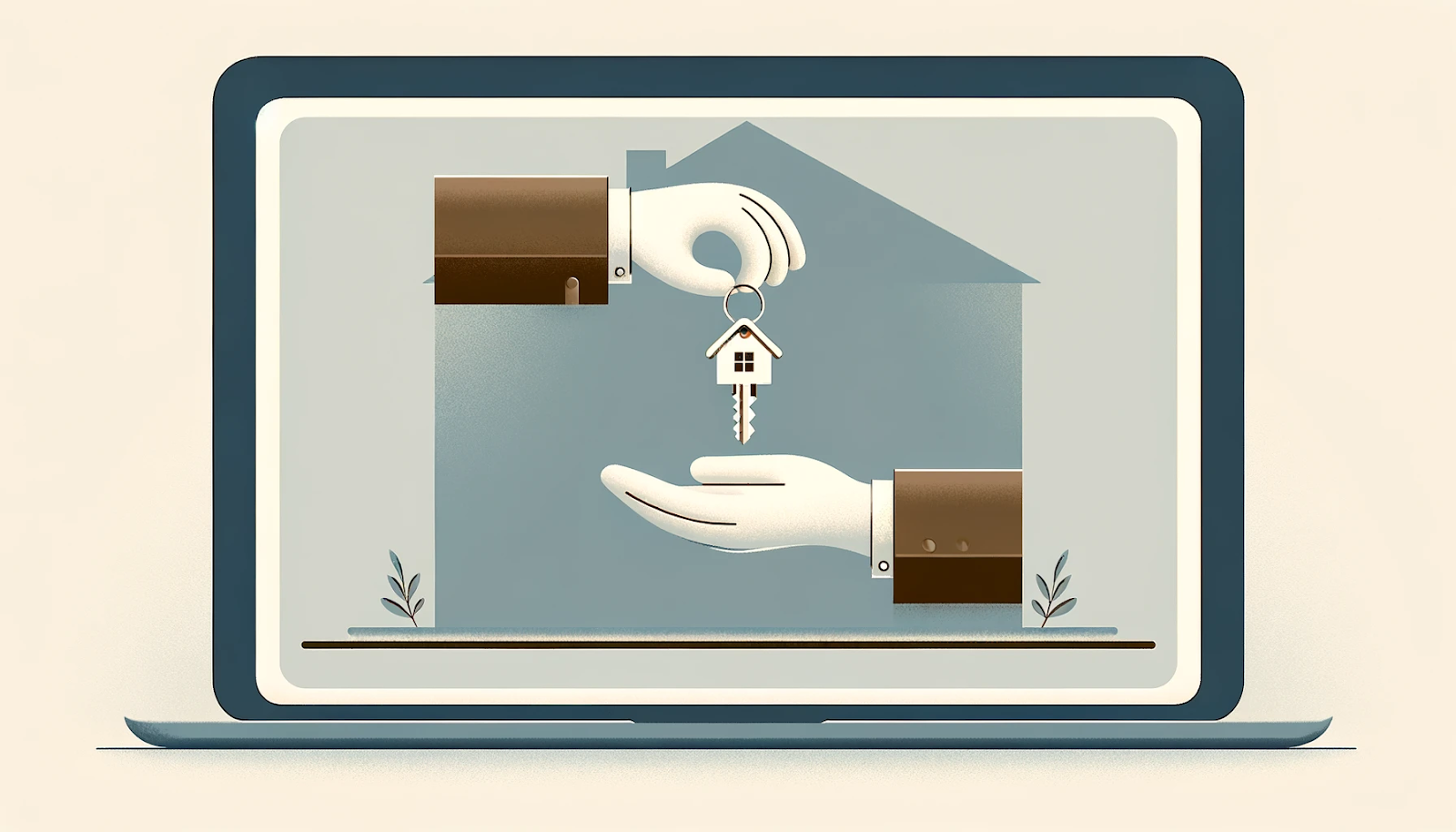
Find Your Home’s Maximum Value with Our Essential Seller’s Guide!
Tailored exclusively for home sellers seeking to navigate the market with confidence and secure the best possible deal.
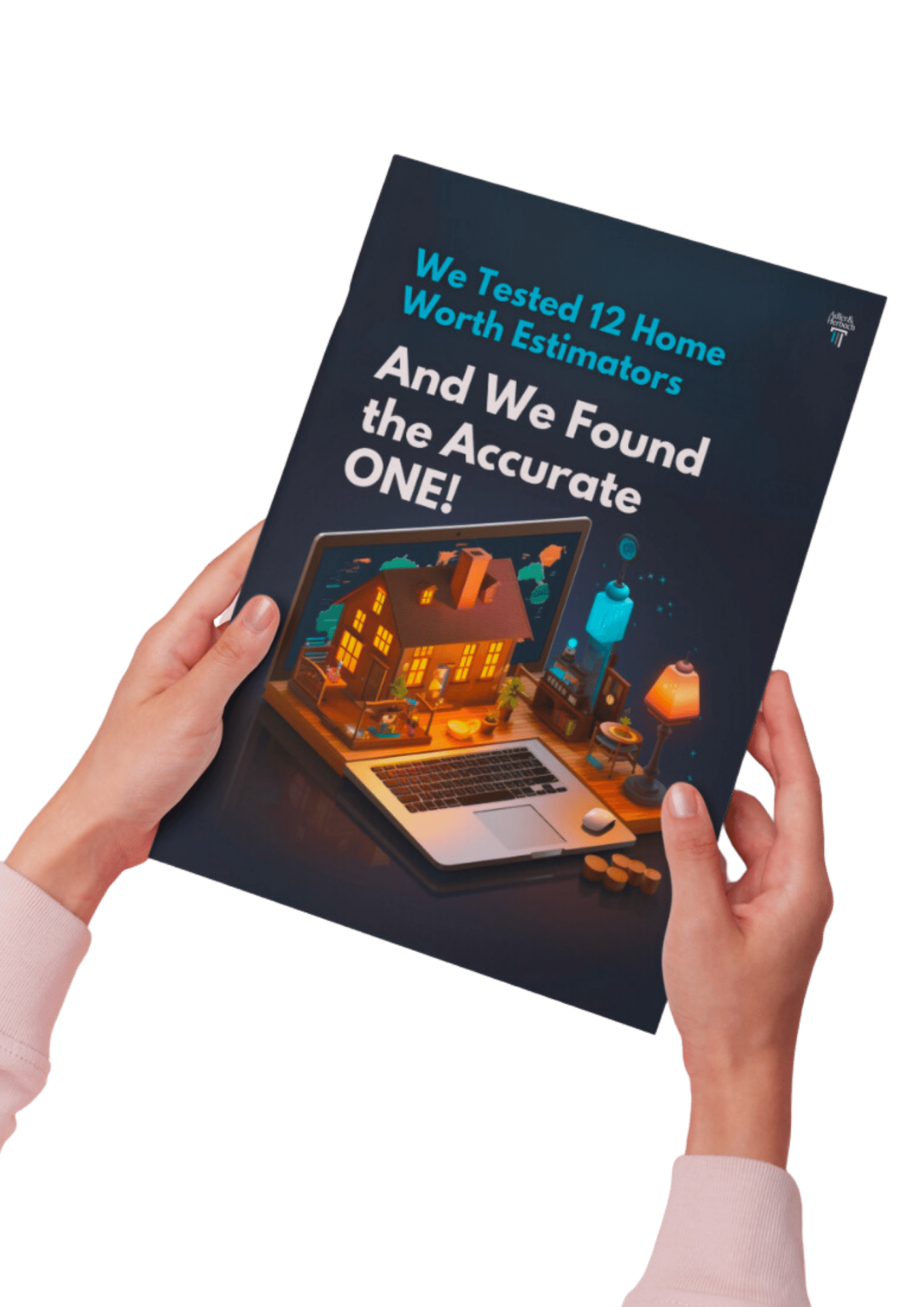
- Top 12 Estimators Unveiled: Cut through the clutter with a curated comparison, empowering you to choose the right tool without hassle.
- Clear, Actionable Insights: Simplified breakdowns translate complex tools into actionable knowledge, accelerating your journey to the right price.
- Strategic Pricing Mastery: Master the art of pricing, ensuring your home stands out to buyers while maximizing your profit.
- Tested and Proven Advice: Benefit from real-world assessments and proven strategies that streamline your sale, from listing to closing.
- Trusted by Your Neighbors: Join a community of local homeowners who’ve turned insights into action and success.
- The Key to a Lucrative Sale: Equip yourself with insider knowledge that transforms the selling process, ensuring you walk away with more.
Should You Consider Alternatives to Gifting Property by Quitclaim Deeds?
While this method is the most straightforward, there may be some reasons to consider an alternative method. When you gift a property during your lifetime, your cost basis in the property will transfer to your child.
Assuming you bought the property a long time ago, at a price significantly lower than the current market value, the difference between your purchase price (or cost basis) and the future sales price will be a taxable capital gain for your child.
What are the Tax Implications of Gifting Property via Quitclaim Deed?
This gain can be avoided by using a method that transfers ownership after you pass away (such as a TODI or bequest) which “steps-up” your child’s basis in the property to the market value as of the date that you pass away (or 6 months after such date).
There may also be a gift tax consideration when gifting a property during your lifetime. However, this is likely only a serious factor if you have substantial wealth and may exceed the lifetime gift exemption (which is 13.61 million dollars as of 2024). If your estate is smaller than this, you will still have to file a gift tax return (IRS Form 709), but you will not have to pay any taxes.
How Can an Intra-family Loan Help My Child Acquire a Property?
Another way you can assist your child in acquiring a property is by providing an Intra-family loan. This type of financing can be used in connection with selling your own home to your child or to assist them in purchasing a house from a third party.
While this is not quite “giving” a house to your child, it can still benefit them by offering more advantageous terms than are available from a traditional lender. You can also use this method to enable a child who doesn’t currently qualify for conventional financing to acquire a home.
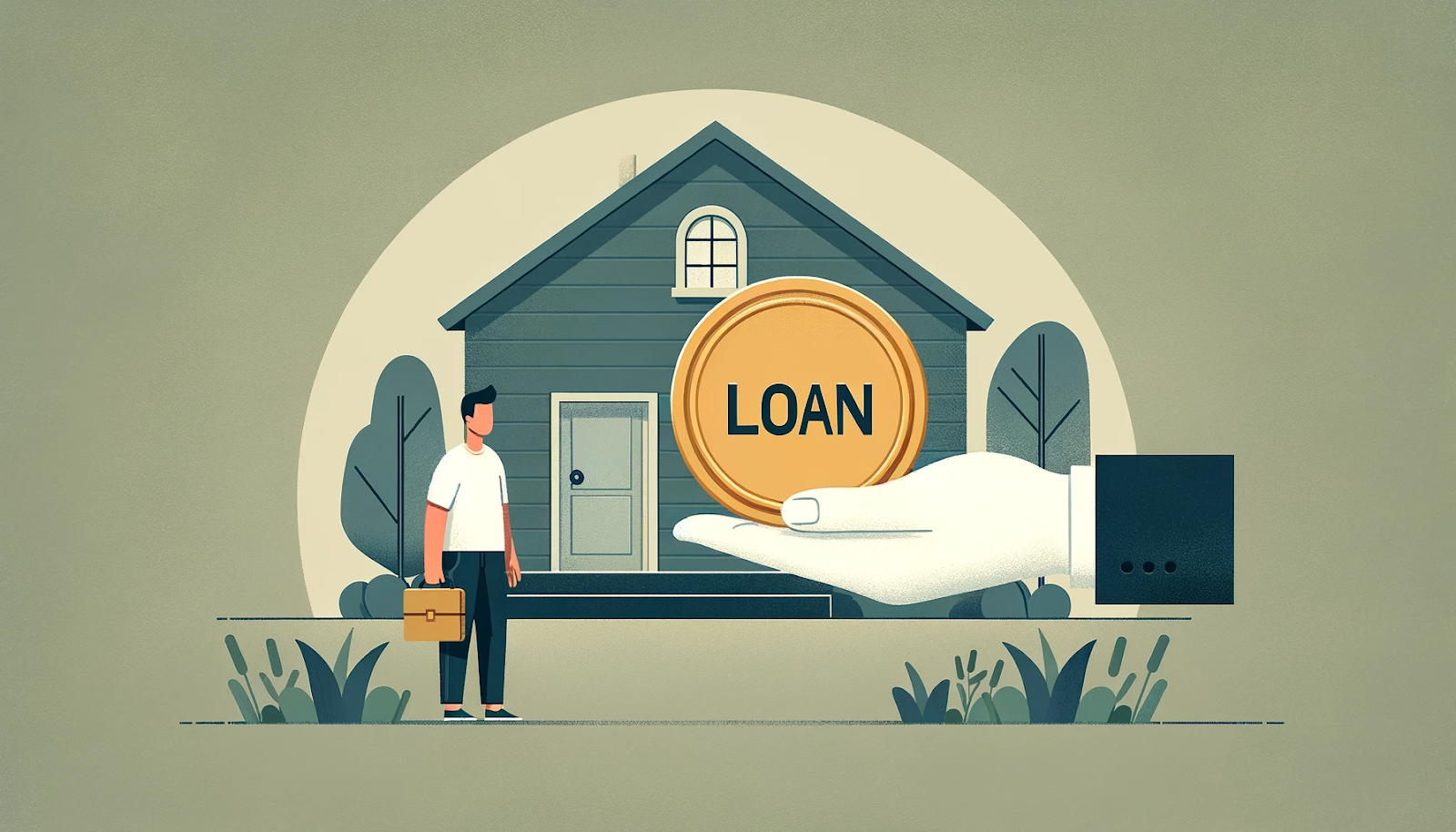
A caveat when making an intra-family loan is that the loan (or a portion of it) may be considered a gift unless you charge at least the minimum interest rate set monthly by the IRS, which is still typically lower than a traditional mortgage loan rate.
How to Structure an Intra-family Loan Agreement?
The installment note should be in writing, signed by both the parent and child, and contain all the standard terms of a note. As noted above, the interest rate should be at or above the monthly IRS rate. If you record a mortgage in connection with the note, the interest payments your child makes are deductible on their tax return and income on yours.
What are the Gift Tax Implications of Forgiving Loan Payments?
You also have the option to forgive a portion of the payments as a “gift.” As long as the amount forgiven annually is within the annual gift exclusion ($18,000 in 2024), you will not have to file a gift tax return (IRS form 709).
What is a Bargain Sale and How Does It Benefit Both Parties?
Another way to transfer your house to your child is by bargain sale. A bargain bale refers to a sale below the market value of the property. This option could balance your need to pay off a mortgage or receive some cash for your needs, while still benefiting your child by enabling them to acquire the home at a great price.
For example, if your house is worth 500,000 and you have 250,000 remaining on your mortgage, you can sell the house to your child for 300,000. This would allow you to pay off your mortgage, obtain some cash for your future needs and still give your child the equivalent of a 200,000 gift.

How to Calculate Tax on a Bargain Sale?
Much like the outright gift option listed above, the difference between the market value and sales price is considered a gift for any gift tax considerations. Calculating your taxable capital gain on the sale is also somewhat complex, since the gain would be calculated from a basis based on the pro rata portion that was a sale (vs. the portion that was a gift). However, if the house was a primary residence, the gain, or a portion of it, is likely tax-exempt (the current primary residence exemption is up to $250,000 for individuals and $500,000 for married couples).
Why Should I Consider Using a Revocable Trust for Property Transfer?
A revocable living trust offers a great way to ensure that your property is distributed in accordance with your wishes, without your estate having to go through probate.
A trust is an independent legal entity that holds property and defines who controls the property in the trust (the “trustee”) as well as who has rights to the property held by the trust (the “beneficiaries”).

How Flexible is a Revocable Trust in Managing Property?
Typically, you will serve as the initial trustee and beneficiary and designate the successor trustee(s) and beneficiaries who will take your place after you pass away. However, a trust is super-flexible in that you can appoint other trustees and beneficiaries even during your lifetime. Moreover, you can change the terms of the trust and modify the trustees and beneficiaries at any point.
A principal benefit of using a revocable trust is that it allows you to avoid probate while maintaining a great deal of control and flexibility regarding how your property is distributed both during your lifetime and after your death.
What is a TODI and How Does It Simplify Property Transfer After Death?
A Transfer on Death Instrument (or TODI) offers you another way to transfer property after your death. This is a legal document that gets recorded in the public record designating a beneficiary (or multiple beneficiaries) that will become the owner(s) of the property after you pass away without having to go through probate. You can revoke a TODI or change the beneficiaries at any point, as long as you are of sound mind.

Comparing TODI and Revocable Trusts: Which is Right for You?
A TODI differs from a living trust in that it only relates to a specific property, whereas a living trust can cover all of your assets. A TODI is recorded on title and takes effect automatically upon your passing, unless the beneficiary disclaims his or her rights. A living trust will require the trustee to record a deed in order for the property transfer to take effect.
How Does a Bequest Determine Property Transfer After My Passing?
In the absence of using another method, your child(ren) or other descendants will inherit your home after you pass away. This can be accomplished through a bequest in your will (in which case you can choose who inherits your house) or, in the absence of a will, by the inheritance rules of the state.
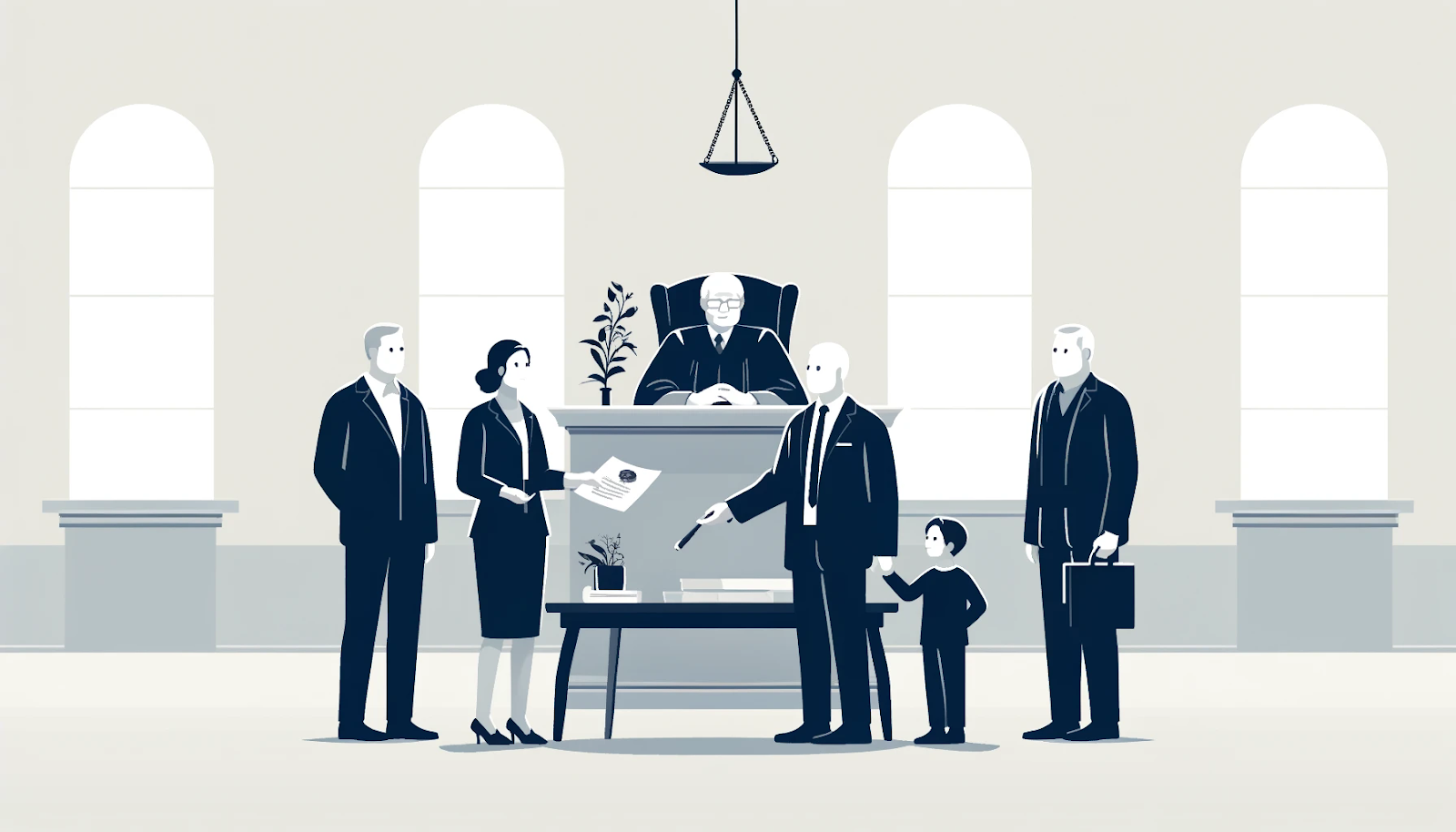
Benefits of Stepped-Up Basis Through Bequests
The benefit to the child of a transfer after death, is that their basis in the home is stepped up to the market value as of the date of your passing (or 6 months thereafter).
One drawback of this method is that your child(ren) will not own the home until you pass away. If you would like your child to own the home during your lifetime, you should consider another method, such as quitclaim deed or bargain sale.
Probate: What You Need to Know When Using Bequests
Another downside is that your estate may have to go through probate, a legal process which takes time and can be expensive. Other methods, such as a revocable trust or TODI can be used to avoid probate and give you more control over how your property gets distributed after your passing.


